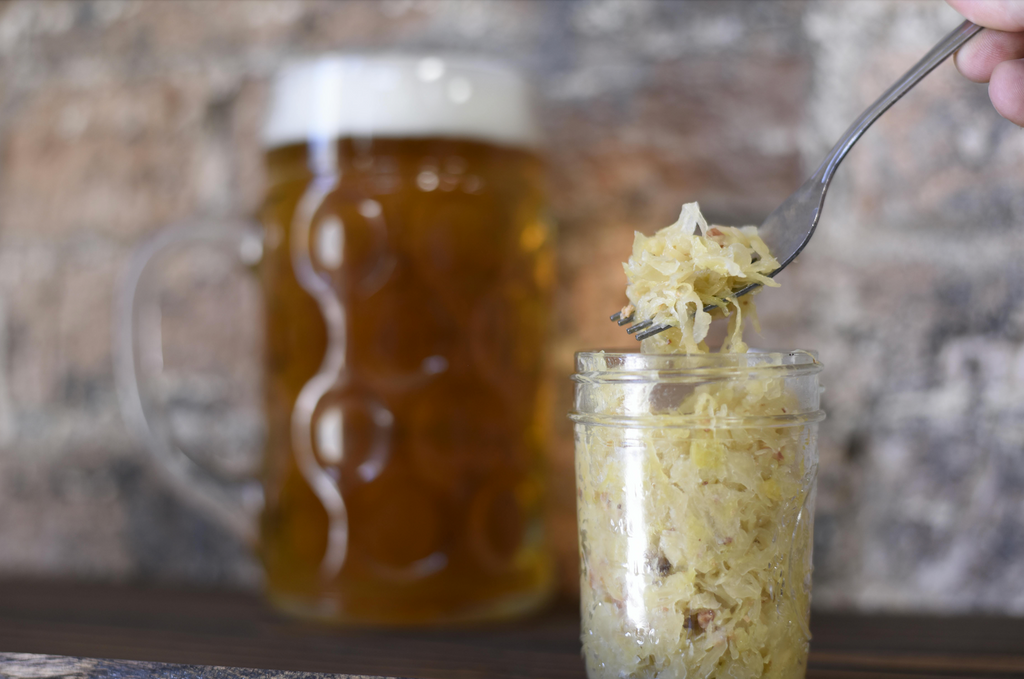Understanding Their Roles and Benefits
Maintaining a healthy digestive system is crucial for overall well-being, and prebiotics and probiotics play vital roles in this process. But what exactly are these substances, and how do they differ? This article will explore the differences between prebiotic and probiotic foods, their functions, and the benefits they offer to our digestive health.
What Are Probiotic Foods?
Probiotic foods contain live microorganisms that, when consumed in adequate amounts, provide numerous health benefits. These beneficial bacteria and yeasts help balance the gut microbiome, aiding in digestion, nutrient absorption, and immune function. Common probiotic foods include yogurt, kefir, sauerkraut, kimchi, and other fermented products.
Benefits of Probiotic Foods
- Improved Digestive Health: Probiotics can alleviate symptoms of digestive disorders such as irritable bowel syndrome (IBS) and inflammatory bowel disease (IBD) by maintaining a healthy gut microbiota.
- Enhanced Immune Function: Probiotics stimulate the production of antibodies and activate immune cells, enhancing the body's ability to fight infections.
- Better Nutrient Absorption: Probiotics improve the digestion and absorption of nutrients, ensuring that the body gets the essential vitamins and minerals it needs.
What Are Prebiotic Foods?
Prebiotics are non-digestible food components that serve as food for the beneficial bacteria in our gut. Unlike probiotics, which are live microorganisms, prebiotics are non-digestible components of food that pass through our stomach and reach the colon, where they are fermented by gut bacteria. Examples of prebiotic foods include garlic, onions, leeks, asparagus, bananas, in fact pretty much any fruit, nut or vegetable. Recent research has also shown that amino acids from meat products also act as probiotics for our gut microbiome.
Benefits of Prebiotic Foods
- Gut Health: Prebiotics promote the growth of beneficial bacteria in the gut, enhancing the overall health of the digestive system.
- Improved Digestion: By feeding the good bacteria, prebiotics help maintain regular bowel movements and prevent constipation.
- Enhanced Immune Function: A healthy gut microbiome supports the immune system, reducing the risk of infections and diseases.
Synergy Between Prebiotics and Probiotics
Prebiotics and probiotics work together to maintain a healthy gut. The combination of prebiotics and probiotics are known as synbiotics annd together they enhance the effectiveness of each component. For example, consuming yogurt (a probiotic) with a banana (a prebiotic) creates an optimal environment for beneficial bacteria to thrive and improve gut health.
Practical Examples of Prebiotic and Probiotic Foods
- Probiotic Foods: Yogurt, kefir, sauerkraut, kimchi, miso, and tempeh.
- Prebiotic Foods: Garlic, onions, leeks, asparagus, bananas, and meat.
Importance of Balance and Moderation
While incorporating prebiotic and probiotic foods into your diet is beneficial, balance and moderation are key. Overconsumption of probiotics can lead to bloating and gas, while excessive intake of prebiotic fibres may cause gastrointestinal discomfort. Gradually introducing these foods into your diet and monitoring your body's response is essential. Consulting with a healthcare provider or nutritionist can help you develop a balanced plan that meets your nutritional needs.
Prebiotics and probiotics are essential for maintaining a healthy digestive system. Probiotics repopulate the gut with good bacteria, while prebiotics feed these bacteria, ensuring they remain active and beneficial. Together, they create a symbiotic relationship that enhances gut health, boosts the immune system, and improves overall well-being. By incorporating a variety of prebiotic and probiotic foods into your daily diet, you can enjoy better digestive health and overall vitality.




